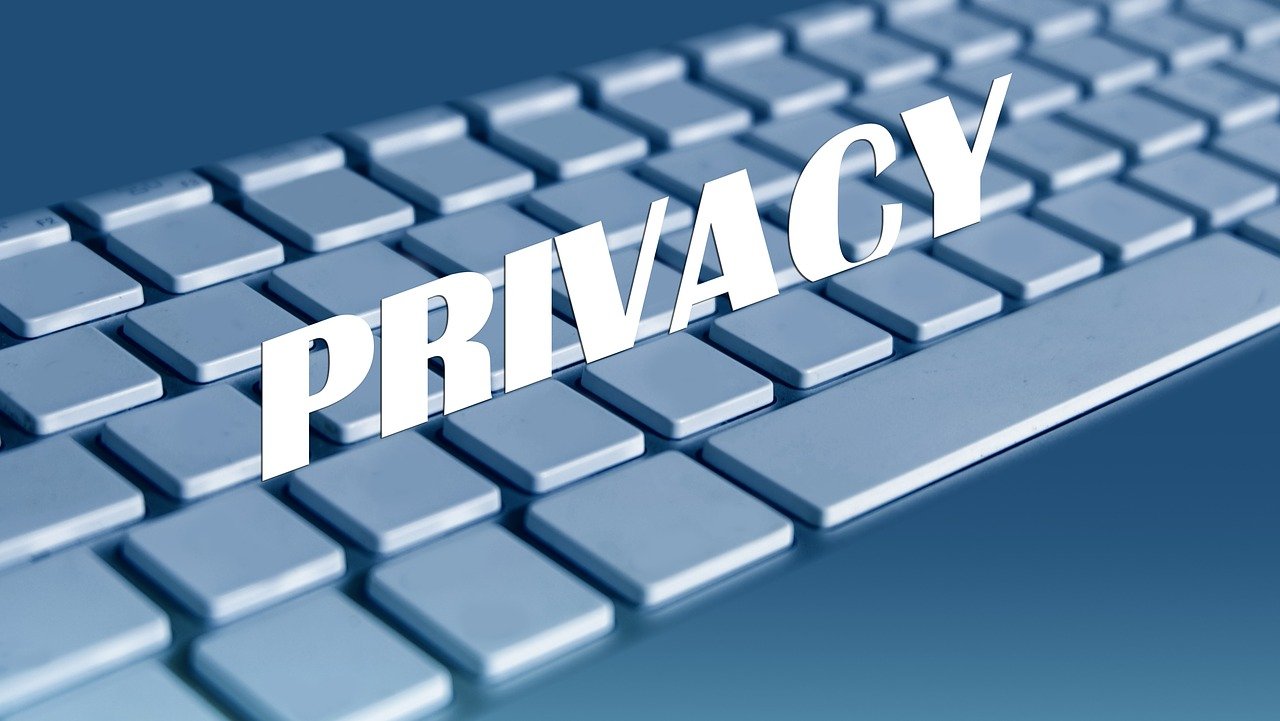|
More and more datasets these days contain sensitive data capable of identifying the people behind those ones and zeros. We usually refer to this kind of data as personally identifiable information or PII for short. PII is a privacy concern for every data scientist or analyst working with such a dataset since if it leaks, we're all in trouble! Not just the data scientist, but also the whole organization, especially if it's complying with privacy regulations like GDPR. Let's look into this matter in more detail. First of all, PII-related privacy is inevitable in most data science projects today in the real world. Chances are that at least some of the variables you deal with contain some type of sensitive data. These can be things like names, contact details, credit card numbers, and even health-related data (this latter kind of PII is particularly important since most of it cannot be changed, in contrast to a credit card). Even geo-location data is often under the PII umbrella though on its own it's not so sensitive because it's hard to match it to a particular individual without using some other variable too. This matching of particular variables to specific individuals is the source of all privacy-related problems. It's not so much the fact that some people's identities are compromised that's the issue (who cares if it becomes public that I enjoy a cup of coffee at the local coffee shop every morning?) but the fact that this data is supposedly protected. When it's out in the open, it's a breach of some privacy legislation, while the organization that handles this data is liable for a lawsuit. To make matters worse, if word gets out that a particular company doesn't protect its clients' sensitive data adequately, its reputation is bound to suffer, and its brand can be damaged. Not to mention that some of this PII can be traded in the black market, so if a malicious hacker gets hold of it, it can make things even more challenging to manage. To avoid these problems, we need to handle PII properly. You can do this in various ways, some of which we're going to explore in future articles. As I've lately delved more into Cybersecurity and Privacy, I can provide a better perspective on this subject, which can tie into data science work more practically. However, should you wish to delve into this topic a bit now, you can check out my latest video course on WintellectNow, titled Privacy Fundamentals. There I cover various practical ways about securing privacy in your personal and professional life. It's not data science-focused, but it can help you cultivate the right mindset that will enable you to handle PII more responsibly. Stay tuned for more material in the coming months. Cheers!
0 Comments
Your comment will be posted after it is approved.
Leave a Reply. |
Zacharias Voulgaris, PhDPassionate data scientist with a foxy approach to technology, particularly related to A.I. Archives
April 2024
Categories
All
|

 RSS Feed
RSS Feed